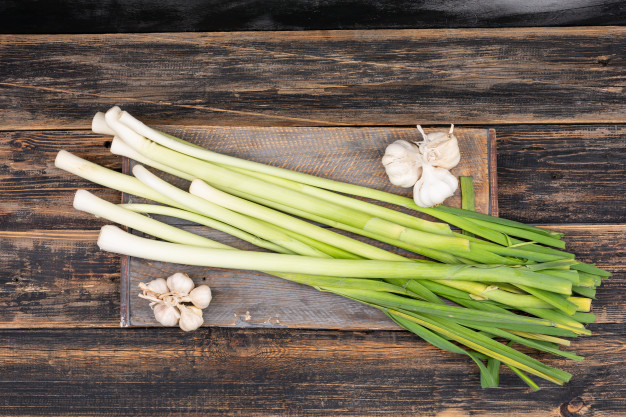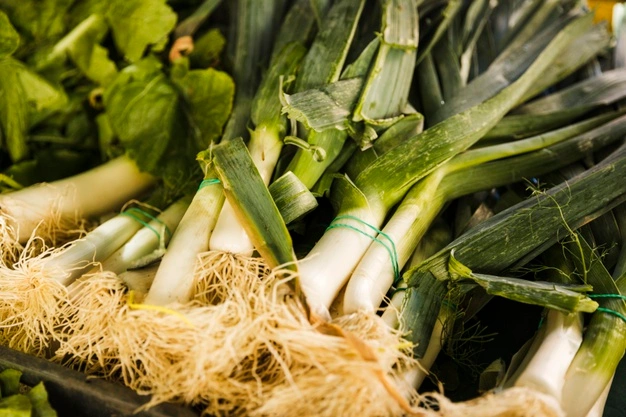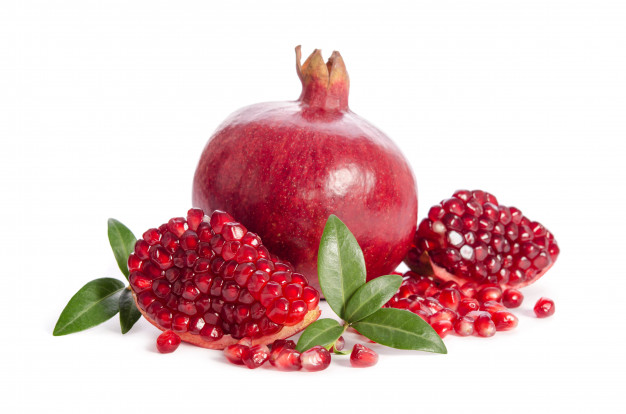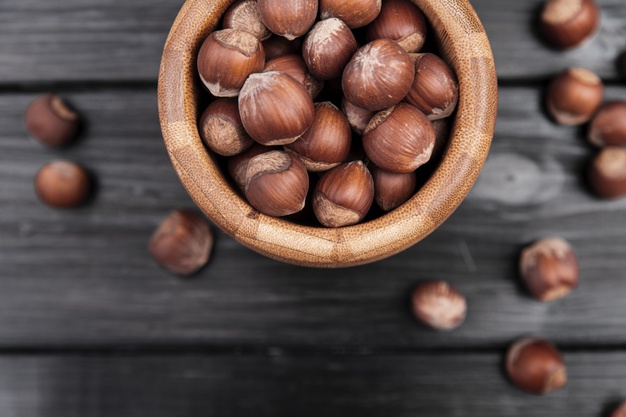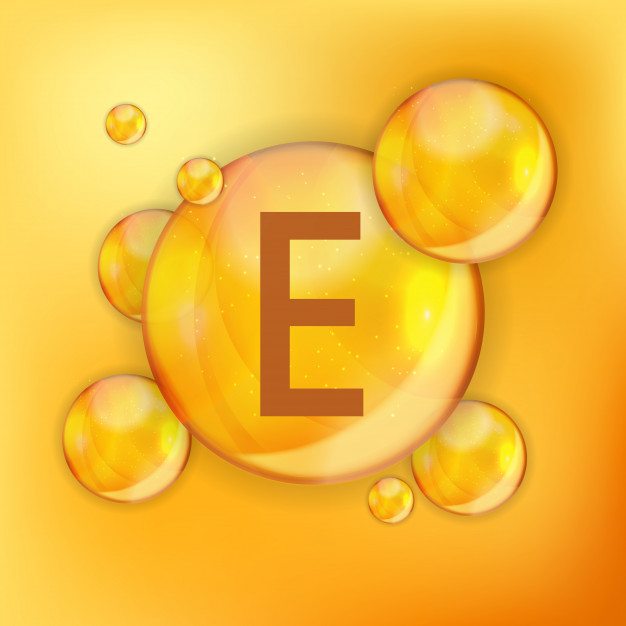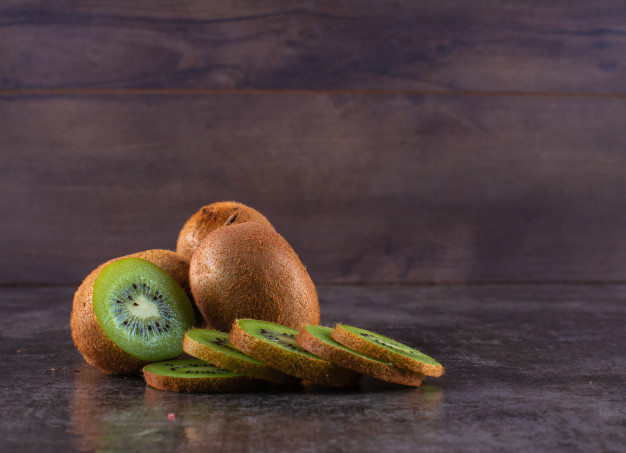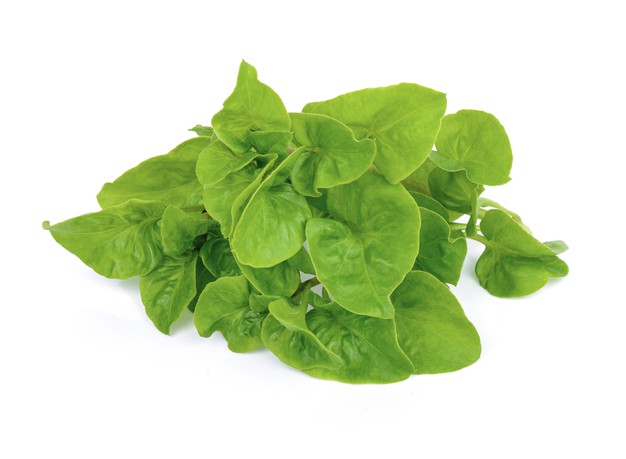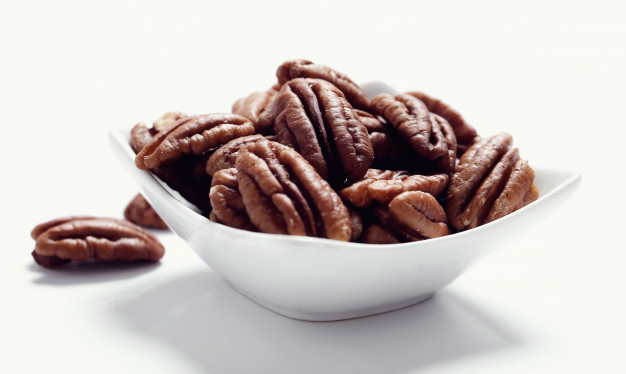Chive is an important species of onion genus and extensively used as an imperative herb. It offers numerous health benefits.
Nutritional profile
- It contains very less amount of carbohydrate but rich in dietary fibre
- It contains some proteins as well
- It contains trace amount of fat too. It mainly contains unsaturated fatty acid but does not contain enough saturated fat and cholesterol
- It contains several vitamins, which include Vitamin A, Vitamin E, Vitamin K, Vitamin C, Vitamin B1, B2, B3, B5, B6 and B9
- It is also rich in various imperative trace elements like sodium, potassium, calcium, phosphorus, selenium, iron, copper, zinc, magnesium and manganese
- It contains numerous biologically active compounds such as alkaloids, saponins, flavonoids, triterpenoids and glycosides. These compounds help to make the chive relatively healthier
Biological activities
Antioxidant activity
- It is packed with antioxidants, which help to decrease the oxidative stress of the body
- Flavonoids especially quercetin, zeaxanthin, carotenes, lutein and Vitamin K components of chive are considered as the principal components accountable for exerting antioxidant activities
- It helps to decrease free radical induced oxidative damages of body as well as lipid peroxidation, which ultimately helps to decrease the risk of developing various degenerative diseases

Detoxifying activity
- It acts as an effective detox
- It also exhibits strong diuretic properties that help to stimulate the elimination of waste products by promoting urination
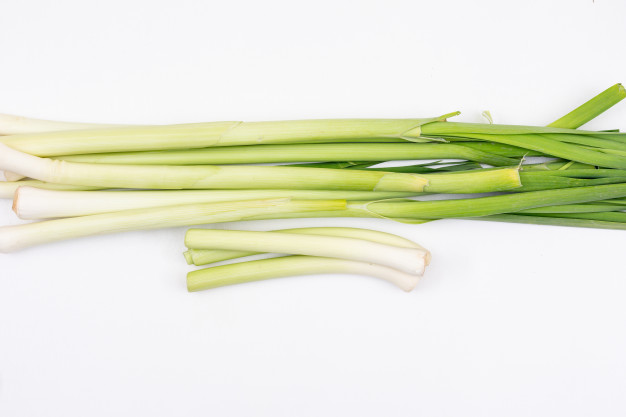
Anti-carcinogenic activity
- It helps to reduce the prevalence of cancers by suppressing the growth of malignant as well as tumor cells in body
- It contains various anti-carcinogenic compounds that help to protect the body from the harmful consequences of carcinogens
- Its lutein and zeaxanthin components are responsible for decreasing the risk of developing mouth and lung cancer
- Allicin component of chive helps to protect the body from breast, esophagus and stomach cancer
- It helps to decrease the prevalence of prostate cancer as well
- It helps to stimulate the synthesis of glutathione, which is associated with eliminating the cancerous substances from body
Antimicrobial activity
- It has potent antimicrobial activity, which helps to prevent the growth and multiplication of bacteria, fungus (yeast and molds) and virus within host
- Consumption of chive along with vitamin C is very effective for destroying harmful microbes thus reduces the susceptibility of developing infectious diseases
Health benefits

Chive and heart
- Chive contains several cardio protective nutrients that support cardiac functionality hence helps in healthy living
- It contains allicin, the most significant component that promotes cardiac health. It has seen that allicin plays imperative role in releasing nitric oxide in blood, which has vasodilatory property hence helps to reduce the stiffness of blood vessels and promotes blood circulation that reduces blood pressure too
- Its fibre content helps to decrease the cholesterol concentration within body thus reduces the prevalence of fat deposition within blood vessel. As a result it inhibits the risk of developing atherosclerosis
- Quercetin is another important component of chive that also helps to inhibit building up of plaque in artery thus delays the progression of coronary artery disease
- It helps to maintain the healthy ratio of good and bad cholesterol (HDL and LDL) in body that is also considered as a good sign for heart
- As it helps to promote cardiac health hence it should be consumed for reducing the risk of heart attacks and strokes
Chive and immunity
- Immunity helps to enhance the capability of body to resist harmful microbes and it also helps to protect the body from developing various diseases caused by toxins, malignant cells and foreign bodies. Chive plays significant role in boosting up the overall immunity hence it should be included in regular diet for decreasing the risk of developing diseases
- Chive contains various components that support the functionality of immune system, which include phytochemicals, selenium, sulfuric compounds and vitamins
- It helps to improve the synthesis of T cell as well that ultimately helps to strengthen the immune system
- It also provide protection from cold and flu

Chive and bones
- Bone disorder becomes a very common health complication especially among middle aged people, which affects the functional status of an individual very adversely. It is also associated with developing pain and causes tremendous discomfort in leading life. Consumption of chive is very beneficial for decreasing this type of complications as it prevents the prevalence of bone disorders
- Chive contains adequate amount of calcium, phosphorus and Vitamin K that help in the formation of healthy bone tissue
- It also prevents demineralization of bones by stimulating the synthesis of osteocalcin hence helps to sustain bone mass and density, which ultimately delays the onset of bone fractures
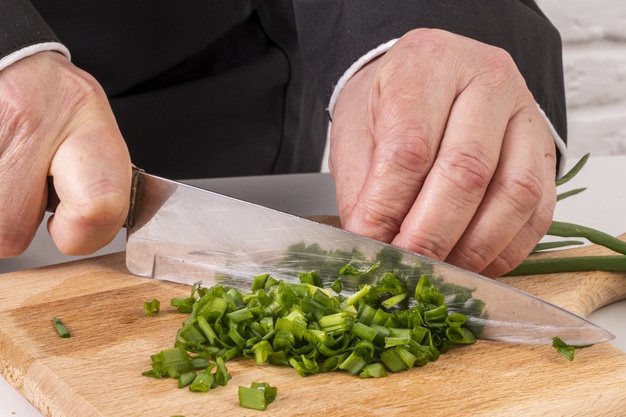
Chive and gastrointestinal health
- Consumption of chive is extremely helpful for preventing indigestion. It has seen that its antimicrobial activities help to destroy harmful bacteria, yeast and fungi present in gastrointestinal tract, which may hamper the digestion process
- It shows significant antibacterial effect against salmonella species and reduces the risk of developing salmonellosis
- It contains various important nutrients that help in digestion too, which include fibre, Vitamin B1, B3, B5, phosphorus and zinc
- Phytochemical components of chive also help to prevent stomach upset
- It helps to reduce the risk of developing flatulence as well as constipation

Chive and eye
- Chive contains various nutrients that help to improve eye health
- Lutein and zeaxanthin are the two most significant components found in chive help in improving vision by reducing oxidative stress in eyes
- Quercetin is another important component of chive helps in preserving vision in those patients, who suffer from macular degeneration
- It also helps to lessen the prevalence of cataract
Medicinal uses
- It is extensively used for improving maternal health status. As it is significantly rich in folate hence its consumption during pregnancy is very beneficial for improving the growth and development of fetal nervous system. It decreases the risk of developing birth defects as well
- It is used for preventing insomnia as choline component of chive helps in healthy sleeping
- It is also associated with stimulating the secretion of serotonin and dopamine, which help to enhance mood thus reduce the prevalence of depression, anxiety and stress
- Its vitamin and antioxidant components play significant role in reducing the susceptibility of acne, wrinkles, fine lines, dry skin and ageing
- It also helps to stimulate hair growth

Culinary uses
- It can be sprinkled over sandwiches before consumption
- Chopped chive can be added to mashed potato
- It can also be added with scrambled egg or omelet
- It can be used for salad dressing
- It can also be mixed with cream cheese
General consideration of using Chive
- It is better to wash the chive properly before cooking
- Chive leaves can be used for adding essence to cheese and butter
- It is also used as an effective flavouring agent and can be added to sauce, soup and meat preparations
- Chive leaves can also be used for preparing herbal vinegar
- Its extract or juice can be consumed as well
Risk factors
Consumption of too much chive is not desirable as it may develop various gastrointestinal discomforts like stomach cramping, nausea, vomiting and diarrhoea. It may also develop skin allergy. So it is better to consume chive in recommended amount.
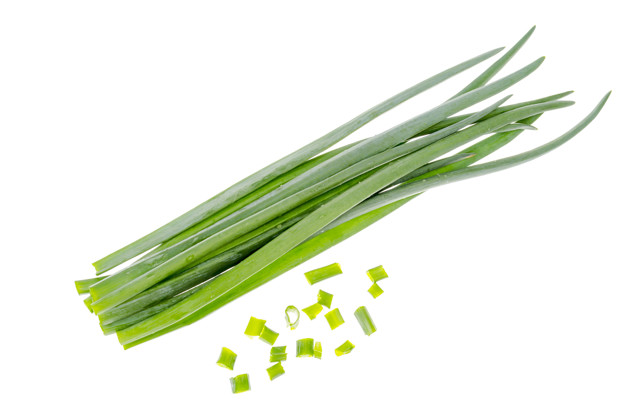
Source:
Charles, D.J., 2012. Chives. In Antioxidant Properties of Spices, Herbs and Other Sources (pp. 225-229). Springer, New York, NY.
Fredotović, Ž. and Puizina, J., 2019. Edible Allium species: Chemical composition, biological activity and health effects. Italian Journal of Food Science, 31(1).
Kim, S., Kim, D.B., Lee, S., Park, J., Shin, D. and Yoo, M., 2016. Profiling of organosulphur compounds using HPLC-PDA and GC/MS system and antioxidant activities in hooker chive (Allium hookeri). Natural product research, 30(24), pp.2798-2804.
Niu, K.M., Kothari, D., Lee, W.D., Cho, S., Wu, X. and Kim, S.K., 2020. Optimization of Chinese Chive Juice as a Functional Feed Additive. Applied Sciences, 10(18), p.6194.
Özgen, A., MOLECULAR IDENTIFICATION OF ALLIUM SCHOENOPRASUM AND ITS ANTIOXIDANT AND ANTIMICROBIAL ACTIVITY. Current Researches in Science and Mathematics Sciences, p.1.
Restuana, S.D., Herla, R., Dwi, S., Dera, R.T.S. and Sisilia, F.Y., 2018, November. Antimicrobial effects of chive extracts against bacteria pathogen and Lactobacillus acidophilus. In IOP Conference Series: Earth and Environmental Science (Vol. 205, No. 1, p. 012049). IOP Publishing.
